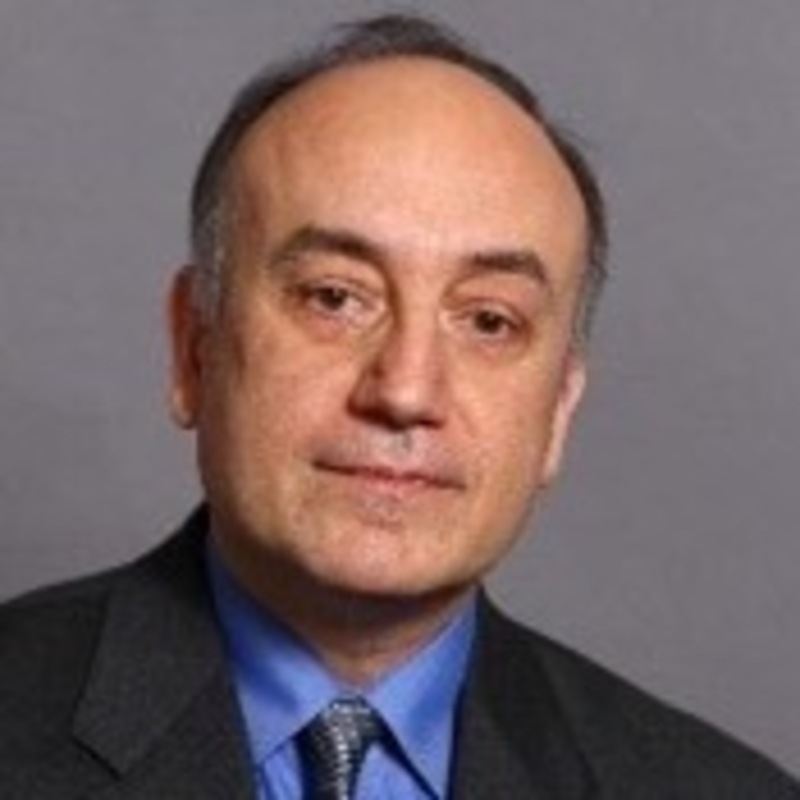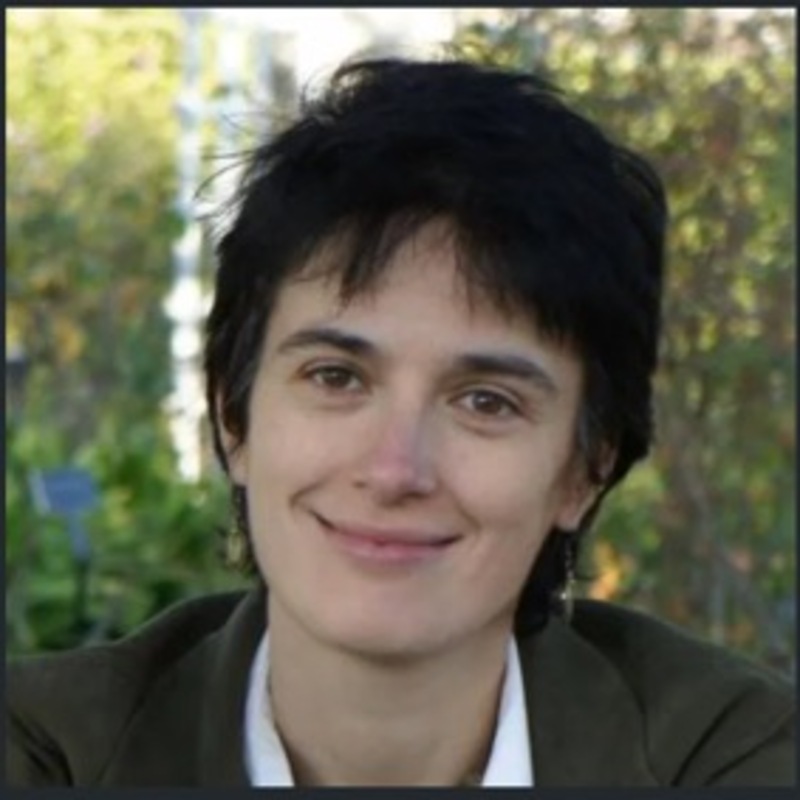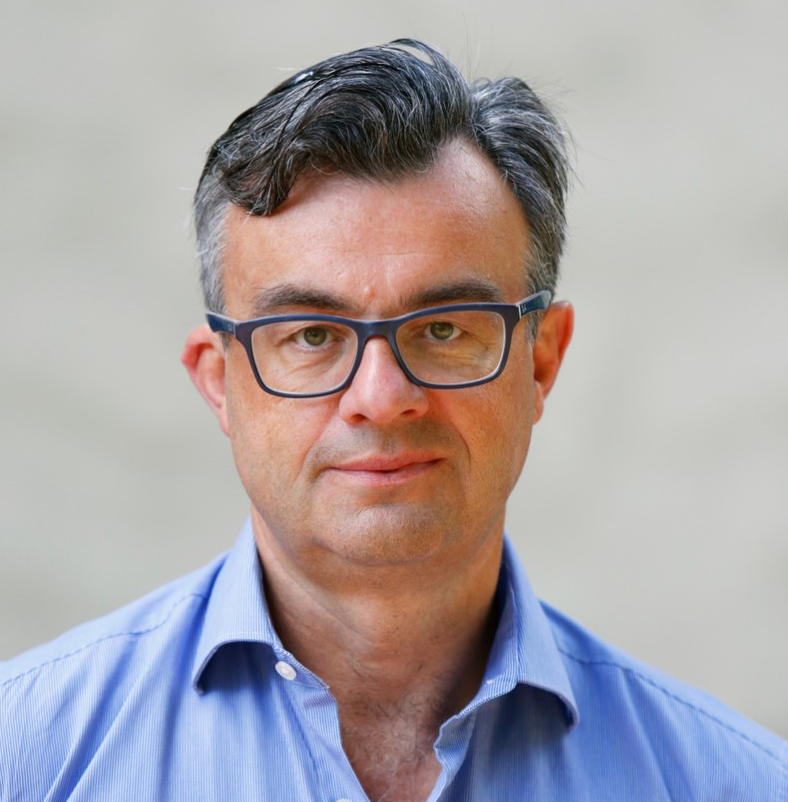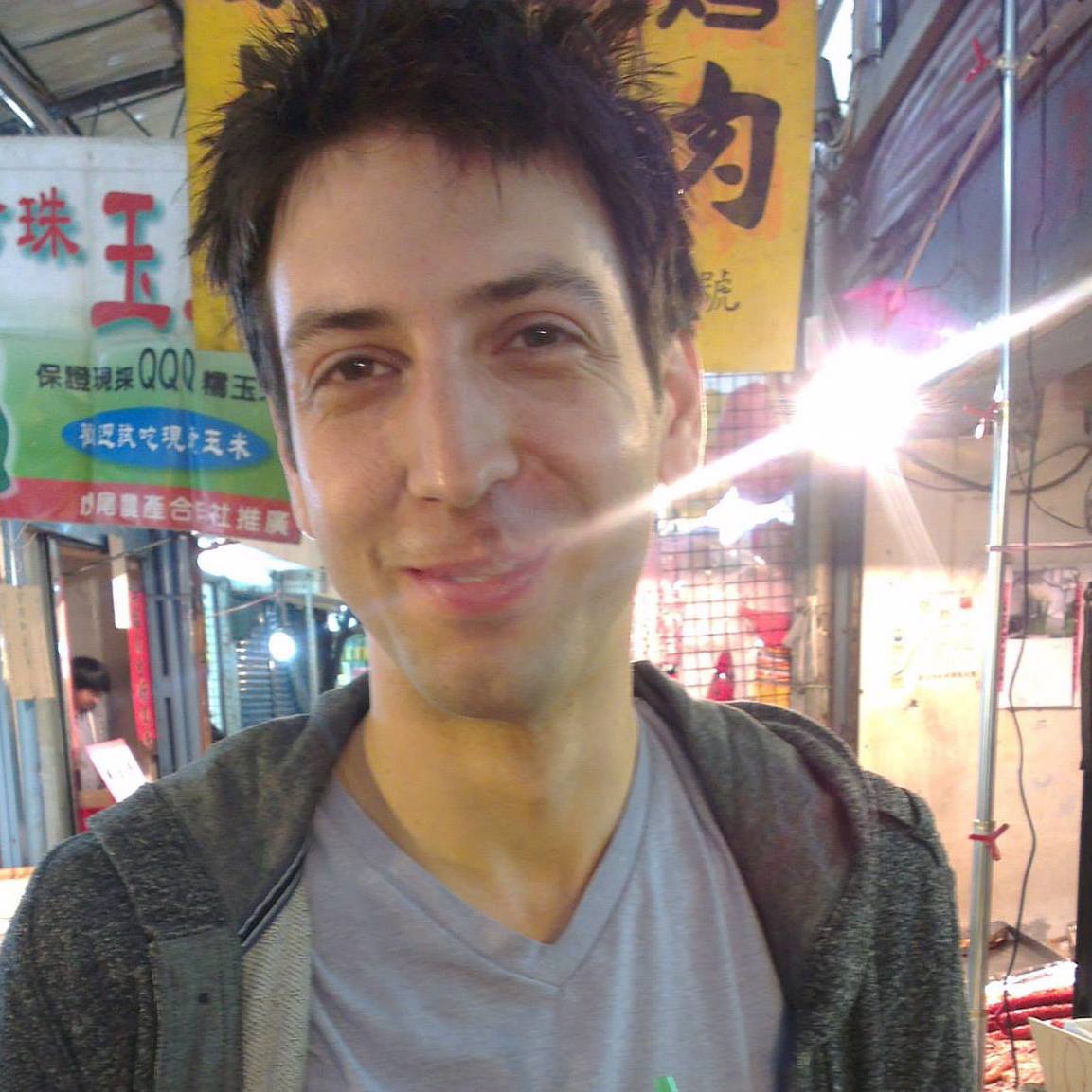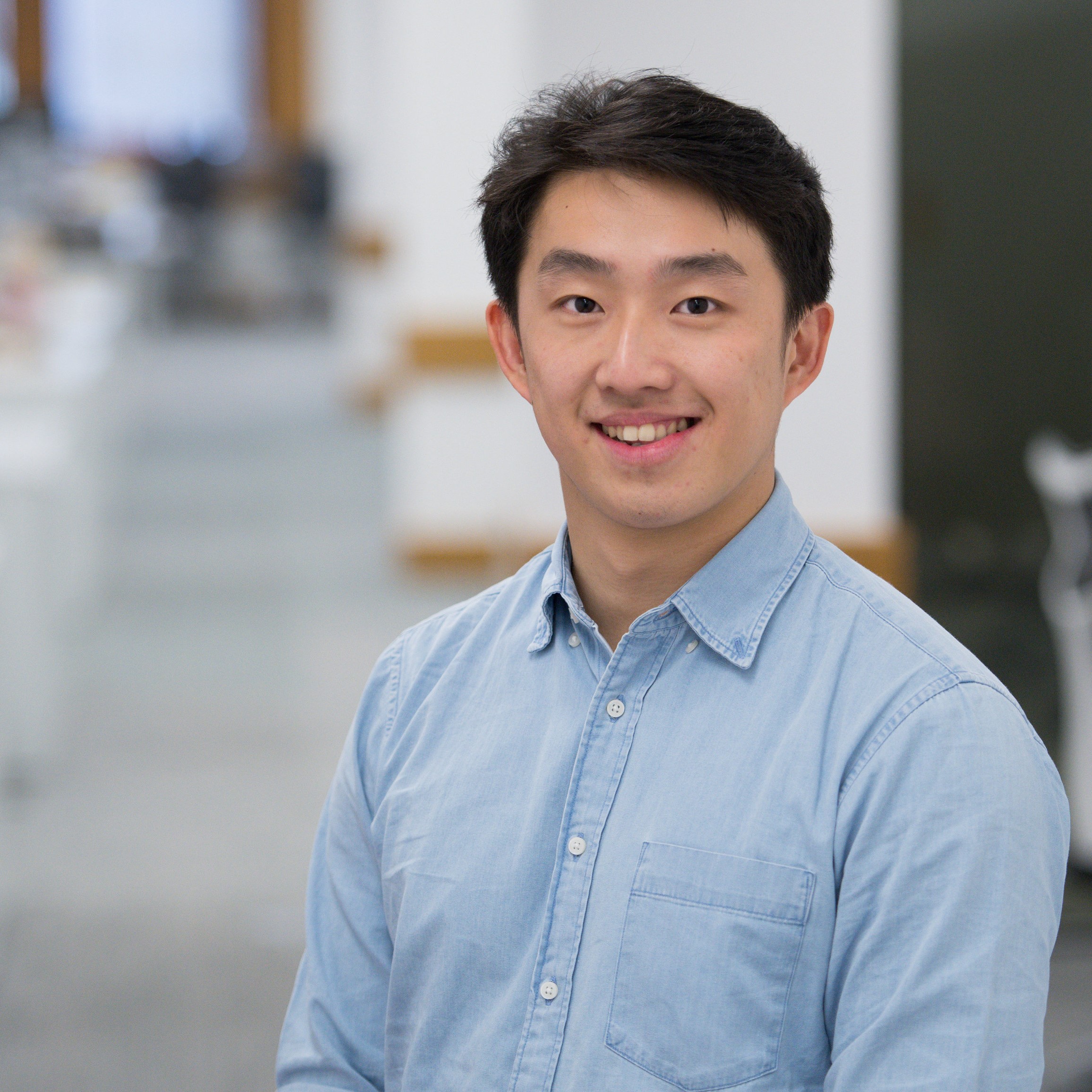Bios
Berkman Sahiner
Berkman Sahiner is a senior biomedical research scientist with the Office of Science and Engineering Laboratories (OSEL) at CDRH. He has a PhD in electrical engineering and computer science from the University of Michigan, Ann Arbor. Before joining FDA, he was an Associate Professor with the Department of Radiology at the University of Michigan. At the Division of Imaging, Diagnostics and Software Reliability at CDRH/OSEL, he performs research related to the evaluation of medical imaging and computer-assisted diagnosis devices, including devices that incorporate machine learning and artificial intelligence. He has authored/co-authored over 130 peer-reviewed journal publications, and is a fellow of the Society of Photo-optical Instrumentation Engineers (SPIE) and American Institute for Medical and Biological Engineering (AIMBE). His interests include machine learning, computer-aided diagnosis, image perception, clinical study design, and performance assessment methodologies.
Benjamin Recht
Benjamin Recht is a Professor in the Department of Electrical Engineering and Computer Sciences at the University of California, Berkeley where he studies the theory and deployment of prediction and decision systems.
Nicola Pezzotti
Nicola Pezzotti is an assistant professor at the Eindhoven University of Technology. His research interests include machine learning, medical imaging, visual analytics, explainable AI, optimization techniques, and software engineering. He received his BSc and MSc degrees in Computer Science and Engineering from the University of Brescia, Italy, in 2009 and 2011. He received his PhD cum Laude from Delft University of Technology, the Netherlands, in 2018. Besides his experience in the startup world, he was a visiting scientist at INRIA Saclay, Paris, in 2017 and Google AI, Zurich, in 2018. He is the recipient of several awards, including the IEEE VGTC Best Dissertation Award, TU Delft Excellence in Research, and the Dirk Bartz Prize for Visual Computing in Medicine.
Mihaela van der Schaar
Mihaela van der Schaar is the John Humphrey Plummer Professor of Machine Learning, Artificial Intelligence and Medicine at the University of Cambridge and a Fellow at The Alan Turing Institute in London. In addition to leading the van der Schaar Lab, Mihaela is founder and director of the Cambridge Centre for AI in Medicine (CCAIM).
Mihaela was elected IEEE Fellow in 2009. She has received numerous awards, including the Oon Prize on Preventative Medicine from the University of Cambridge (2018), a National Science Foundation CAREER Award (2004), 3 IBM Faculty Awards, the IBM Exploratory Stream Analytics Innovation Award, the Philips Make a Difference Award and several best paper awards, including the IEEE Darlington Award.
Mihaela is personally credited as inventor on 35 USA patents (the majority of which are listed here), many of which are still frequently cited and adopted in standards. She has made over 45 contributions to international standards for which she received 3 ISO Awards. In 2019, a Nesta report determined that Mihaela was the most-cited female AI researcher in the U.K.
Himabindu (Hima) Lakkaraju
Himabindu (Hima) Lakkaraju is an assistant professor at Harvard University focusing on explainability, fairness, and robustness of machine learning models. She has also been working with various domain experts in policy and healthcare to understand the real-world implications of explainable and fair ML. Hima has been named as one of the world’s top innovators under 35 by both MIT Tech Review and Vanity Fair. Her research has also received best paper awards at SIAM International Conference on Data Mining (SDM), INFORMS, workshops at ICML, and grants from NSF, Google, Amazon, JP Morgan and Bayer. Hima has given keynote talks at various top ML conferences and workshops including CIKM, ICML, NeurIPS, AAAI, and CVPR, and her research has also been showcased by popular media outlets including the New York Times, MIT Tech Review, TIME magazine, and Forbes. More recently, she co-founded the Trustworthy ML Initiative to enable easy access to resources on trustworthy ML and to build a community of researchers/practitioners working on the topic.
Emmanuel Candès
Emmanuel Candès is the Barnum-Simons Chair in Mathematics and Statistics at Stanford University, and Professor of Electrical Engineering (by courtesy). His research interests lie at the interface of mathematics, statistics, information theory, signal processing and scientific computing. He received his Ph.D. in statistics from Stanford University in 1998. Candès has received several awards including the Alan T. Waterman Award from NSF, which is the highest honor bestowed by NSF to early-career scientists, and the MacArthur Fellowship, popularly known as the ‘genius award’. He has given over 80 plenary lectures at major international conferences, not only in mathematics and statistics but in many other areas as well including biomedical imaging and solid-state physics. He was elected to the National Academy of Sciences and to the American Academy of Arts and Sciences in 2014.
Zachary Lipton
Zachary Chase Lipton is an Assistant Professor of Machine Learning and Operations Research at Carnegie Mellon University and a Visiting Scientist at Amazon AI. He directs the Approximately Correct Machine Intelligence (ACMI) lab, whose research focuses including the theoretical and engineering foundations of robust and adaptive machine learning algorithms, applications to both prediction and decision-making problems in clinical medicine, natural language processing, and the impact of machine learning systems on society. A key theme in his current work is to take advantage of causal structure underlying the observed data while dealing with the messy high-dimensional data that typifies deep learning settings. He is the founder of the Approximately Correct blog (approximatelycorrect.com) and a co-author of Dive Into Deep Learning, an interactive open-source book drafted entirely through Jupyter notebooks. He can be found on Twitter (@zacharylipton), GitHub (@zackchase), or his lab's website (acmilab.org).
Edwin Fong
Edwin Fong is a lead data scientist at the Methods, Innovation & Outreach team at Novo Nordisk, where he develops and applies novel statistical methods within the healthcare setting in collaboration with academia. Previously, he completed a PhD in statistics at the University of Oxford and the Alan Turing Institute. He is broadly interested in causal inference, machine learning, and Bayesian inference, with a primary focus on applications to clinical trial and observational data.
